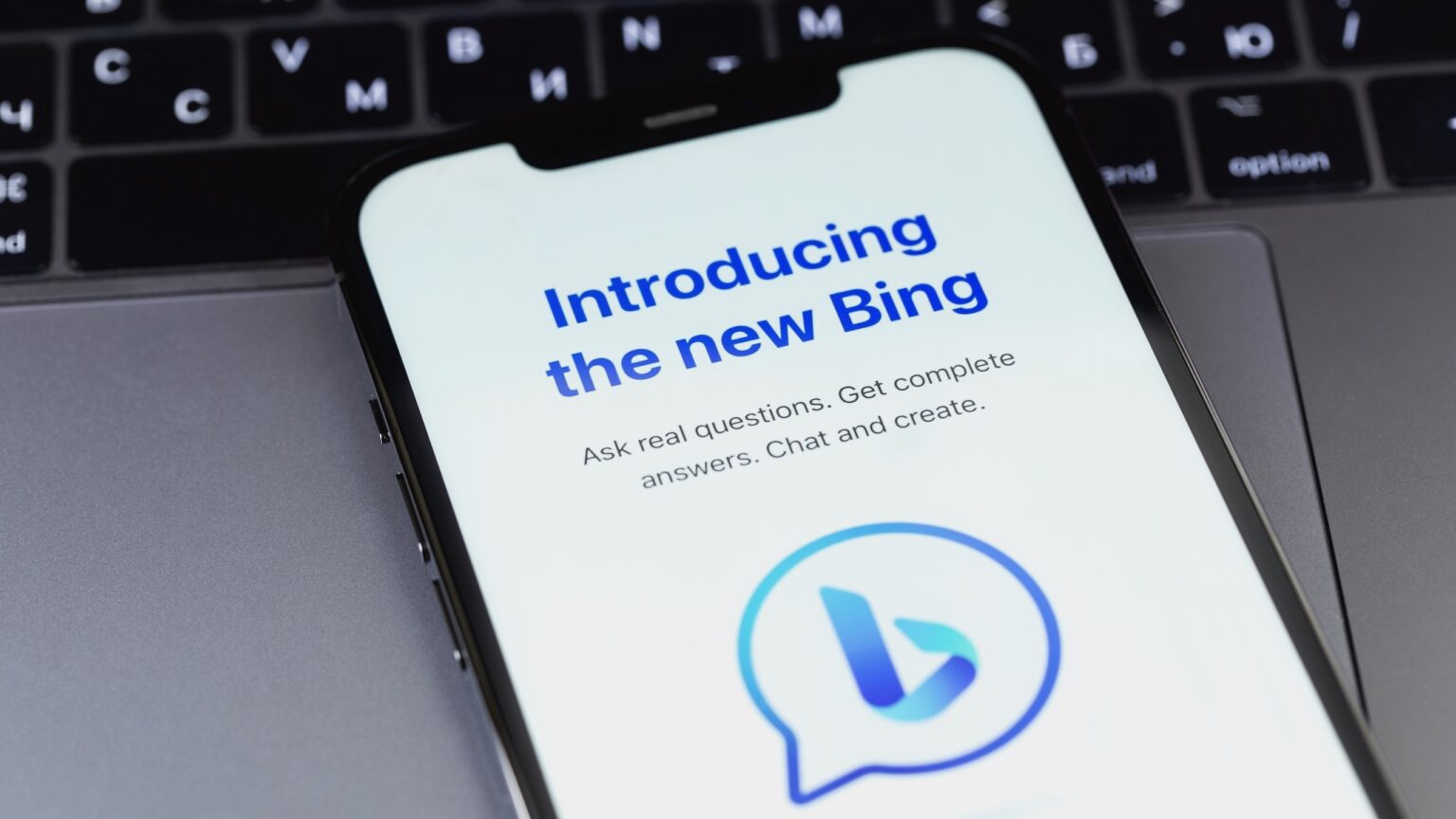Microsoft Corp. announced on Thursday that its Bing AI chat feature will now be available to everyone. The U.S. tech giant will also allow third-party developers to integrate and build applications on top of its platform.
In a blog post, Microsoft consumer chief marketing officer Yusuf Mehdi revealed that users will no longer need to join a waitlist to use its AI-powered Bing Chat. He said the Bing search engine is being updated to support video and chat history.
The chatbot was launched in a limited preview in February and required that users signup to a waitlist. Now it’s open to all, albeit still in “preview” mode.
“[We are] moving from text-only search & chat to one that is incredibly more visual with rich image/video answers and coming shortly, new multimodal support,” Mehdi said.
Bing AI reaches 500 million chats
Launched in 2009 as a replacement for Microsoft’s Live Search, Bing is a web search engine that provides a range of services such as video, image, and map search.
In February, Microsoft added new AI technology to its Bing search and Edge browser. The revamped Bing runs on a more “powerful” large language model from OpenAI than the one which supports ChatGPT.
It is customized specifically for search and combines improvements from ChatGPT and GPT-3.5 to be “faster and more accurate,” CEO Satya Nadella said at the time. The company has since integrated OpenAI’s latest advanced tech, GPT-4, into the search engine.
According to Mehdi, 500 million chats have been conducted since Microsoft debuted the new AI Bing three months ago. Its Edge browser, meanwhile, has started to gain share following years of losses. And users are trying out the search engine even though its market share remains low.
Additionally, people used the company’s DALL-E-based Bing Image Creator, now available in 100 languages, to create 200 million images. The search engine now boasts over 100 million daily active users while downloads of the Bing mobile app have quadrupled.
“We’ve not had this kind of progress for a while,” Mehdi told industry media. “It’s still very early days.”
With the so-called “Actions” updates to Bing and Edge, users can save and come back to chat sessions. They can also export and share chats, and have the Bing AI integrate photos and videos into conversations.
Bing Chat now supports more visual input and output. For example, in a Bing Chat, responses will include elements such as images, videos, even graphs and charts. Microsoft is also expanding multi-modal capabilities, meaning it can understand images and videos that users share.
Concern over AI hallucinations
Mehdi said third-party plug-in support will be a key addition for developers and for the future of Bing Chat. Microsoft is working with OpenTable and WolframAlpha to enable plugins for completing restaurant bookings and generating visualizations, respectively.
In sharing chat history and conversations, users have the option to include the original prompt and the response, or export a conversation to a PDF, text file, or Word document.
“For times when you want to easily share your conversation with others in social media…you can export it directly – the format stays the same to make an easy transition to continue in collaborative tools like Microsoft Word,” he explained.
Also read: Bing Chatbot Suffers Meltdown, Users Report Unhinged Responses
While generative AI chabots like ChatGPT have proved a hit, concerns have been raised about using the tech for search results. Particularly in light of the habit of such engines to “hallucinate” by generating lies and half-truths.
Bing has reportedly tried to make up for this by aligning its AI-powered “results with information from its existing search engine, along with citations.” However, a recent Stanford study showed that Bing Chat, like its competitors, still has reliability flaws, even in those citations.
“It’s an important problem,” Mehdi said. “We are making good progress.”
Microsoft’s new additions highlight the company’s commitment to AI tech and its plans to bring OpenAI’s ChatGPT tech to its core productivity tools, including Word, Excel, and Outlook. It will certainly be interesting to watch its tech stack evolve in the years to come.









 and then
and then